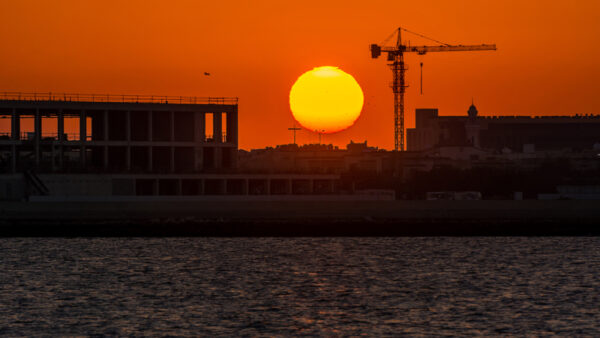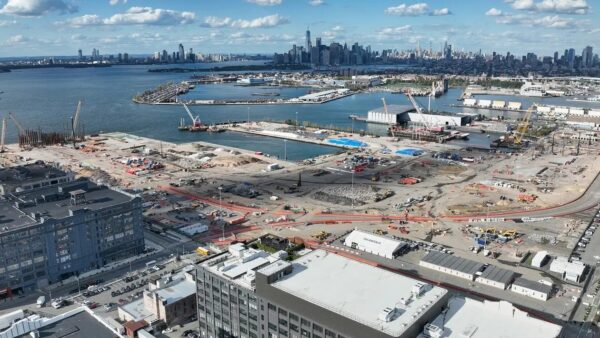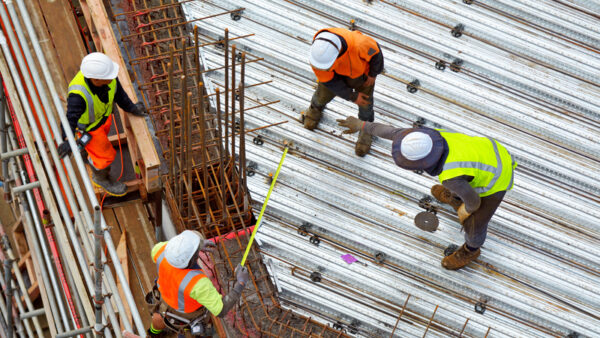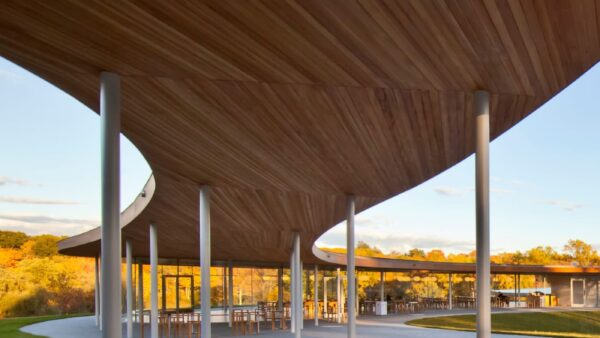The business and moral case is crystal clear, writes John Pagano, chief executive of The Red Sea Development Company, which is developing Saudi Arabia’s mega tourism scheme on the Red Sea.
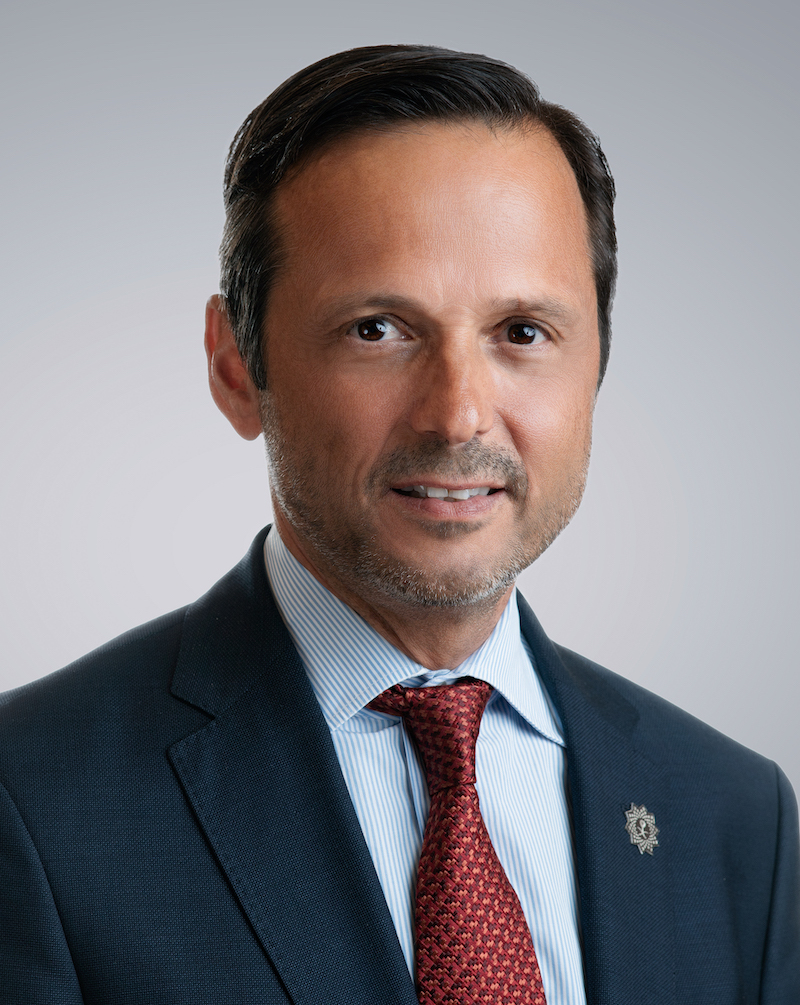
John Pagano, chief executive of The Red Sea Development Company
Picture this: a site approximately the size of Belgium (28,000 sq km), more than 90 islands and upwards of 30,000 workers dispersed across the area at any one time.
The countdown to opening Saudi Arabia’s flagship luxury tourism destination in 2022 is on and there are important milestones to surpass in the next year to get there.
At the same time, you’re working to protect the precious marine habitats and wildlife who call this area home, and already thinking about how to welcome your first guests from afar. With strict timings in place and both visitors and wildlife to think about, where does your workforce come in?
As the CEO of a development company leading a project of this scale, I can tell you that we’ve been purposely ambitious in aiming to be the world’s first regenerative tourism destination of this scale, The Red Sea Project.
This is not just a goal but an uncompromising commitment my team and I have made to preserve and enhance the natural environment around us.
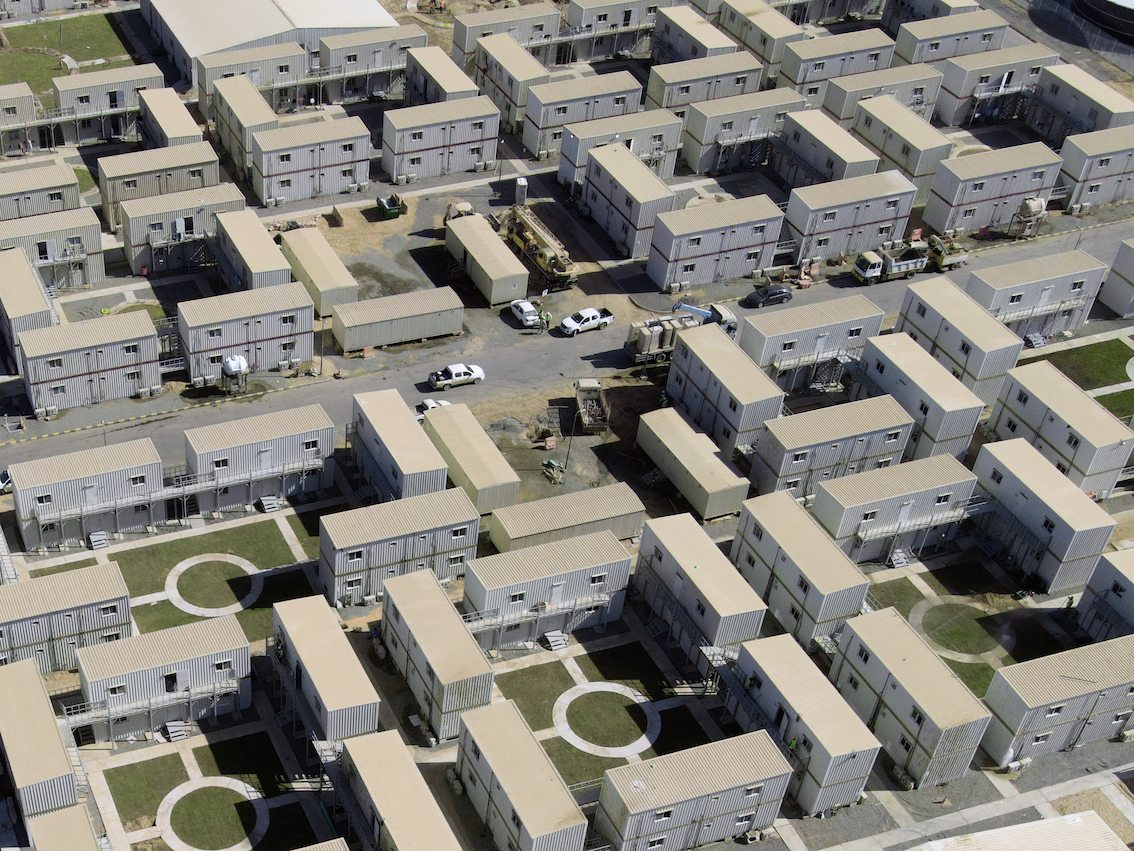
The purpose-built Construction Village has 12 landscaped neighbourhoods, with a maximum of three workers to a room with en suite shower and bathrooms, sport pitches and a two-screen cinema
Making real change and seeing progress like this excites me. It’s the reason I do my job. But from my experience I can also tell you that those ambitious plans can quickly become diluted or fail to happen at all – unless you have a stable workforce behind them.
Existing legislation, such as the International Finance Corporation (IFC) standards, helps to create adequate living conditions for workers. In practice, this looks like shared rooms with bunk beds, shared external toilet facilities and the provision of essential medical care.
However, in order to create and maintain a healthy and happy workforce, we had to go further. And this was particularly challenging given the remote location of our site.
We made the choice to exceed these standards and to set a new benchmark.
In our Construction Village, where our workforce lives, there are 12 landscaped neighbourhoods. Each room is shared by a maximum of three workers and is equipped with partitions between beds for privacy and en-suite bathrooms with shower.
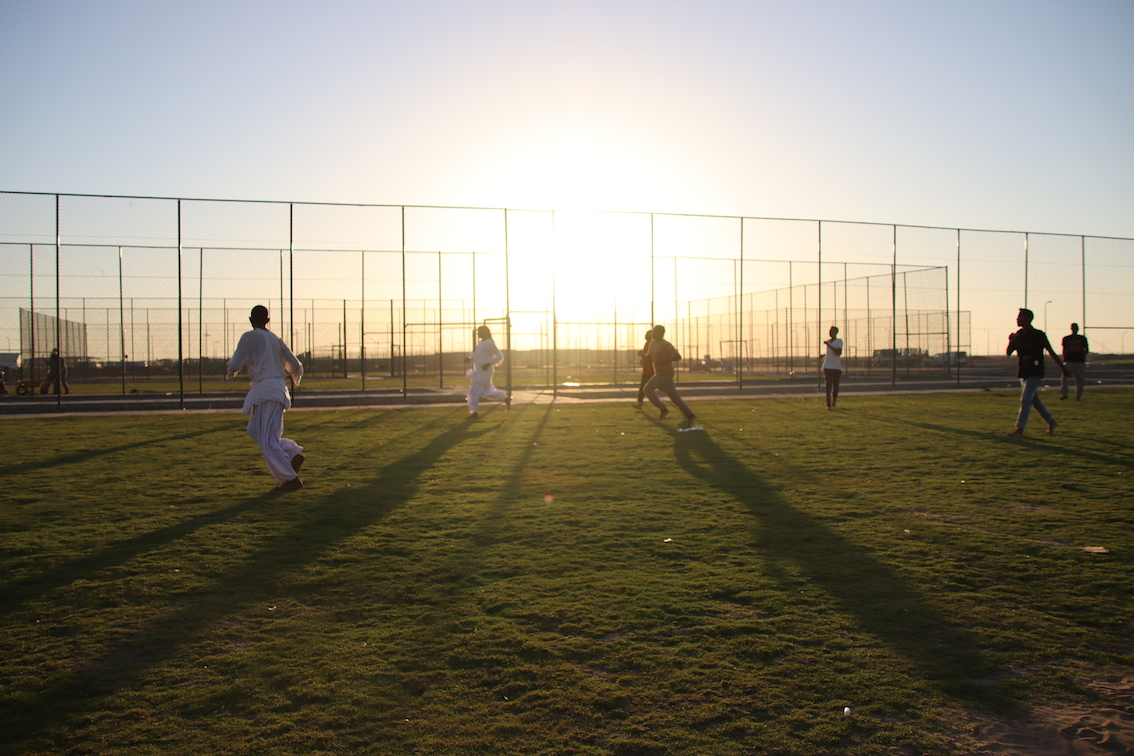
Workers enjoy sport in their downtime
There are personal safes for belongings, computers for checking emails and Wi-Fi available in all areas so that staying in touch with friends and family is easy.
After work employees have a range of choices as to how they wish to spend their downtime: at the sports pitches or gyms, enjoying the recreational facilities including television and games rooms, or visiting the onsite cinema which has two screens. There is also a minimarket and a barber shop.
Our partners, the Facilities Management Company (FMCO) and Red Sea International, manage all of this and more to ensure standards are maintained and a community feel is present, created by the delivery of a calendar of activities and engagements.
We’ve even given careful consideration to the food we provide, offering multiple cuisines to cater for our international workforce.
Based on the current industry standards, we are not obliged to provide any of these things. In my mind, however, it is right that we do. Commercially, they are small investments, but I’ve seen first-hand how they can make a significant difference to our employees’ experience.
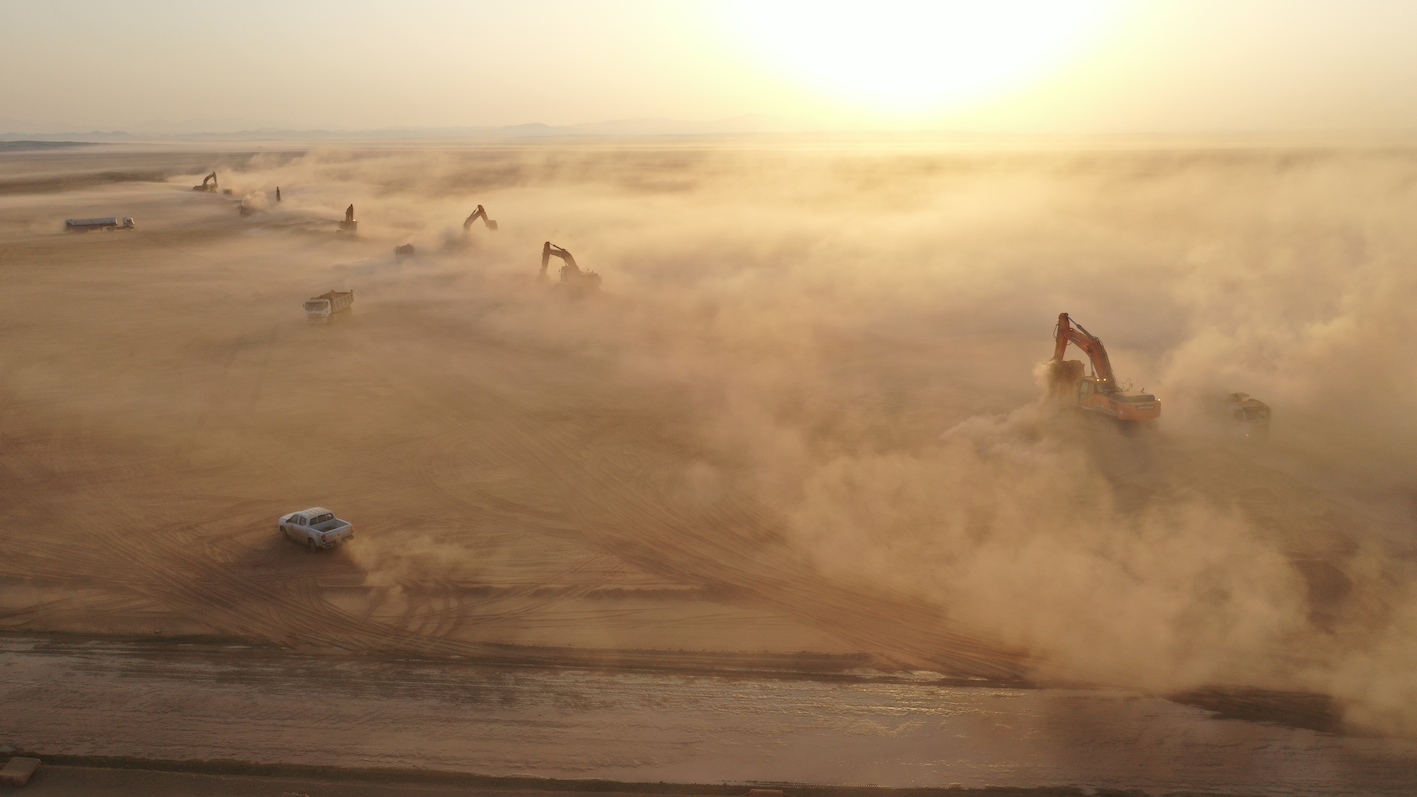
Diggers prepare the ground at the 28,000-sq-km site
Last year, we brought International SOS-Al Rushaid on board to manage all medical services across the project. This includes the construction of a 700-sq-m central medical facility and satellite clinics across the site to provide a range of health services including emergency response.
Being based in a remote location, readily available medical assistance is quite literally a lifesaver for us.
I plead with other developers, both local and international, to think about it like this: if you provide your workers with the minimum standards, you can almost guarantee minimum output and dedication in return.
Aside from the moral and motivational reasons, investing to improve your workforce’s standards more often than not makes perfect business sense.
My advice to other projects would be to assess your workers’ welfare standards in the same way you would consider any other investment in your business. The more care and attention you put in, the greater the return you can expect. And simply put, it’s the right thing to do.
Top image: Aerial view in December 2020 of the Construction Village housing workers building the Red Sea Project in Saudi Arabia (All images courtesy of The Red Sea Development Company)

